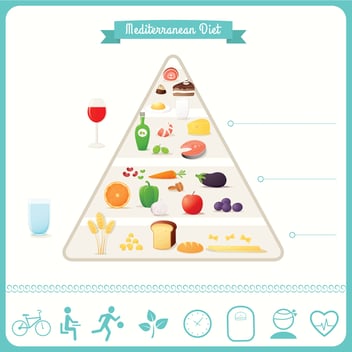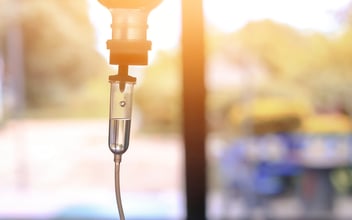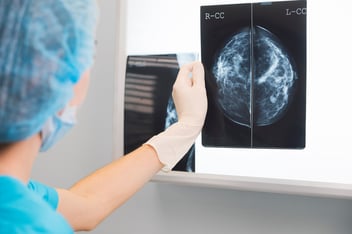Let’s get moving! It’s well established that regular physical activity lessens the chance of cancer development, including for colon, breast, and endometrial cancers.
The correlation between exercise and outcomes for people with active cancer seems similarly beneficial, especially for those with breast, colon, or prostate cancers who engage in physical activity. For example, new research demonstrates that exercise improves both symptoms and quality of life in those with lung cancer, even during treatment.
In short, experts suggest that exercise is both safe and beneficial before, during, and after cancer treatment.
This doesn’t mean patients should take on training programs fit for Olympic athletes. It is prudent to avoid inactivity, slowly building to about 150 minutes of moderate or 75 minutes of vigorous intensity activity each week. This can mean starting with as little as 10 minutes of activity several times a week. Including resistance training and stretching in a weekly plan is great, too. Of course, the type/stage of cancer and current cancer treatment will play a role in a patient’s exercise plan.
The big take-away here is the shift from old-fashioned assumptions that all cancer patients should rest and avoid any physical activity. It’s now known that staying active, even during the treatment process, holds benefits.
As always, BioPlus Specialty Pharmacy is ready to partner with your office as the ‘fast & easy’ way to get your patients referred for the specialty medications they need.
Related Posts
Get Moving! (Yes, Even if You Have Cancer)
Exercise does a body good. In terms of cancer, there is already a substantial amount of evidence...
Mediterranean Diet for Breast Cancer
Breast cancer, as with any cancer, develops for complex reasons. One of the contributing factors...
September: Blood Cancer Awareness Month
Blood Cancer Awareness Month comes each September, as The Leukemia & Lymphoma Society aims to...
Breast Cancer Treatment Options Expanding
Targeted cancer therapies aim to best match the treatment to specific characteristics of cancer...





